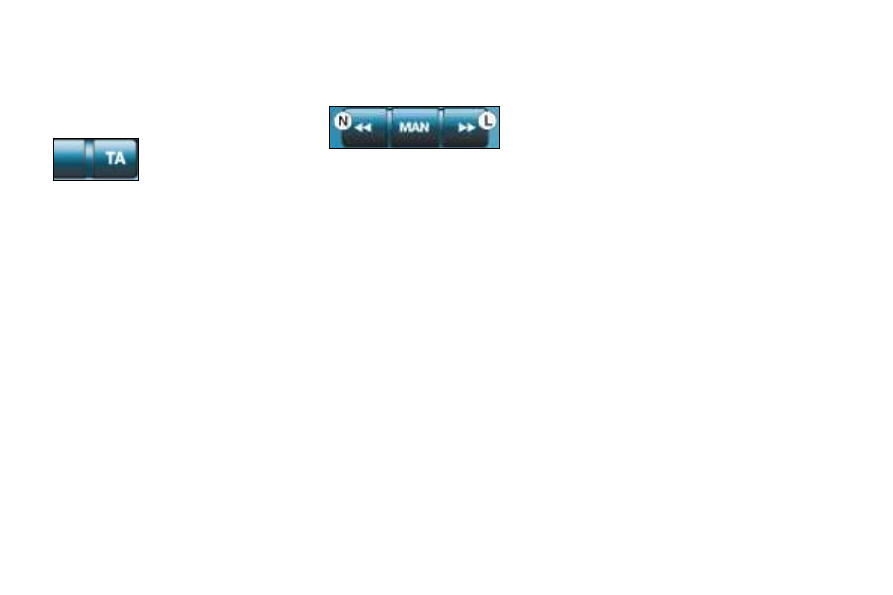Peugeot 206 SW Dag (2008 year). Instruction - part 3

AUDIO EQUIPMENT
34 -
EON system
This connects stations which are part
of the same network. It enables the
broadcast of trafic information or a
PTY programme, by a station that is
part of the same network as the sta-
tion to which you are listening.
This service is available when you
have selected the TA
trafic informa-
tion programme or the PTY function.
Search by type of programme
(PTY)
This allows you to listen to stations broad-
casting a speciic type of programme
(news, culture, sport, rock, etc.).
To search for a PTY programme :
With FM selected, press
the "TA" button for two
seconds to switch this
function on or off.
-
select the PTY function,
- briely press button L or N to
scroll down the list of the various
types of programmes offered,
-
when the programme of your
choice is displayed, keep button
L or N pressed for two seconds
to carry out an automatic search
(after an automatic search the
PTY function is switched off).
In PTY mode the different types
of programme can be stored in the
memory. To do this, press the prese-
lection buttons "1" to "6" for two
seconds. Briely press the corre-
sponding button to recall the type of
programme stored in the memory.